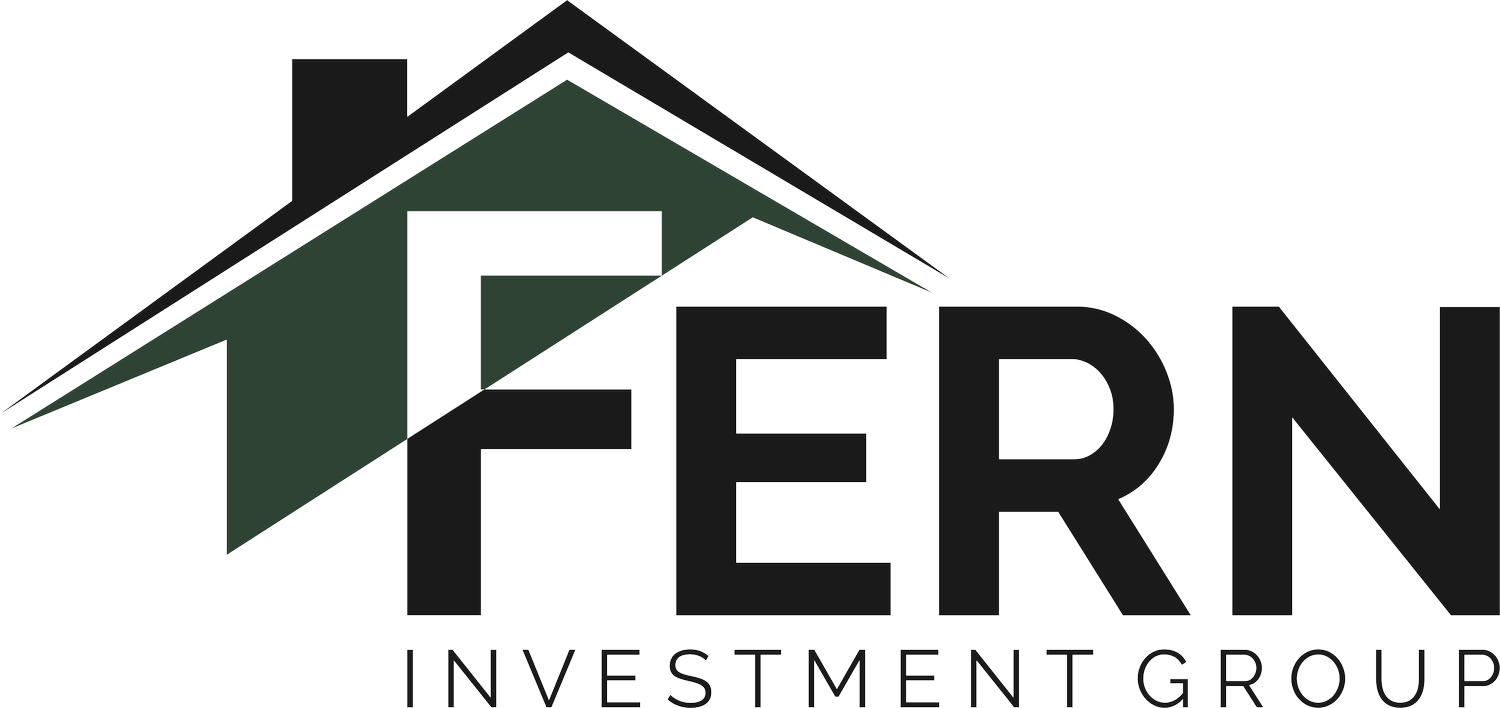From Concept to Completion: Managing the Construction Process in Property Development
The construction process is a critical phase in property development that determines the overall success of your project. Effectively managing this stage requires a comprehensive understanding of each step involved, from planning and design to the final build and beyond. In this post, we will delve into the essential aspects of managing the construction process in property development, ensuring your project runs smoothly and achieves your desired outcomes.
Detailed Planning and Design for Property Development Construction
The planning and design phase set the foundation for the entire Property Development construction process. Collaborate closely with architects, designers, and other professionals to develop a comprehensive plan that incorporates your project goals, budget, and timeline. By considering factors such as land use, zoning regulations, and building codes, you can create a design that meets both your vision and local requirements. A well-planned design helps prevent costly revisions and delays during the construction phase.
Assembling a Strong Construction Team
A skilled and experienced construction team is vital to the success of your property development project. Select builders, contractors, and subcontractors who have a proven track record in delivering quality work within budget and on schedule. Conduct thorough research, ask for recommendations, and review portfolios to ensure you assemble a team that can effectively execute your project's vision.
Managing Permits and Approvals
Before commencing construction, it's crucial to obtain the necessary permits and approvals from local authorities. These requirements may include building permits, zoning approvals, and environmental assessments. Familiarize yourself with local regulations and work closely with your construction team to ensure your project remains compliant throughout the building process. Timely submission of required documentation helps avoid costly delays and legal complications.
Establishing Effective Communication Channels
Open and clear communication is key to successful project management. Establish a communication plan that ensures all team members, including architects, builders, contractors, and stakeholders, stay informed and aligned throughout the construction process. Regular meetings, progress updates, and transparent dialogue can help identify and resolve potential issues before they escalate, ensuring your project stays on track.
Budget Management and Cost Control
Maintaining control over your property development construction project's budget is essential for achieving your desired profit margins. Develop a detailed budget that accounts for all project costs, including materials, labor, permits, and contingencies. Regularly monitor expenses and compare them against your budget, making adjustments as needed to prevent cost overruns. By keeping a close eye on your budget, you can maximize your returns and ensure the financial success of your property development project.
Designing Properties to Suit the Local Market
Tailoring your property designs and finishes to suit the local market is essential for attracting the right buyers or tenants and maximizing returns on your development project. Conduct thorough research on the area's demographics, preferences, and price points to determine the most suitable property designs, layouts, and amenities.
In upmarket areas, consider incorporating high-end finishes and luxury features that will appeal to the discerning buyer. These might include designer kitchens, premium flooring materials, and state-of-the-art home automation systems. By providing top-tier offerings in affluent neighborhoods, you can command higher prices and attract quality buyers or tenants.
Conversely, in areas where cost-conscious buyers or renters predominate, opt for more affordable, functional, and durable finishes. This approach will cater to the needs of the local market without compromising on quality or appeal. By aligning your property's design and finishes with the expectations of the target market, you can optimize your investment and increase the chances of a successful development.
Quality Assurance and Completion
As your construction project nears completion, it's crucial to ensure the final product meets your quality expectations and adheres to local regulations. Conduct thorough inspections and walkthroughs with your construction team, addressing any issues or deficiencies before handing over the property to buyers or tenants. Additionally, obtain any required certificates
of occupancy or compliance, signifying that your development is safe and ready for occupancy.
Conclusion
Effectively managing the construction process in property development is crucial for bringing your project from concept to completion successfully. By focusing on detailed planning and design, assembling a strong construction team, obtaining permits and approvals, establishing effective communication, managing your budget, and ensuring quality assurance, you can create a property development project that not only meets your vision but also maximizes your returns. With a well-executed construction process, your property development dreams can become a reality, paving the way for a prosperous and fulfilling career in the industry.

